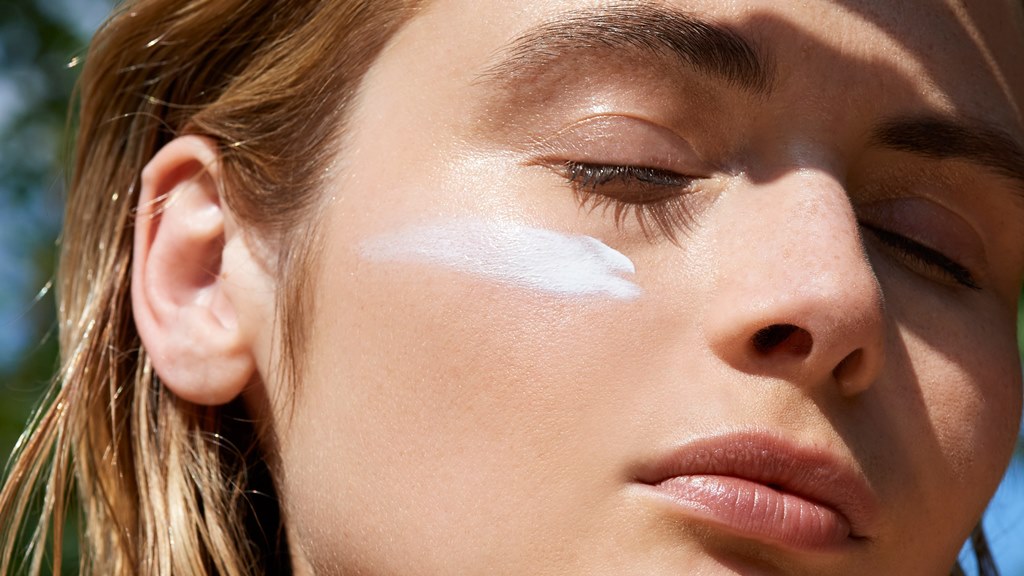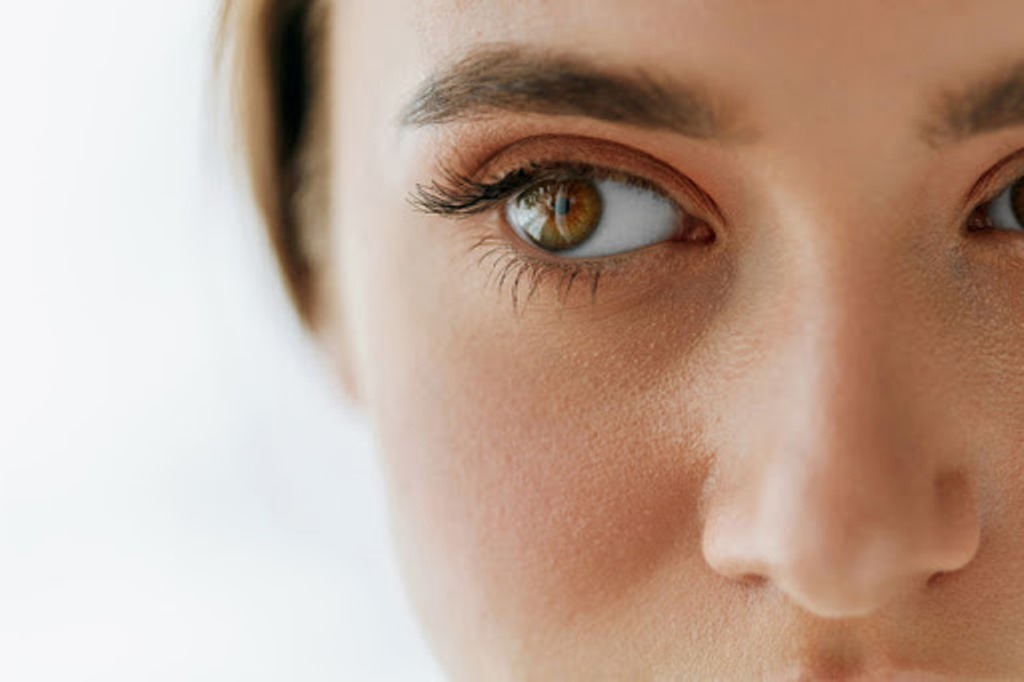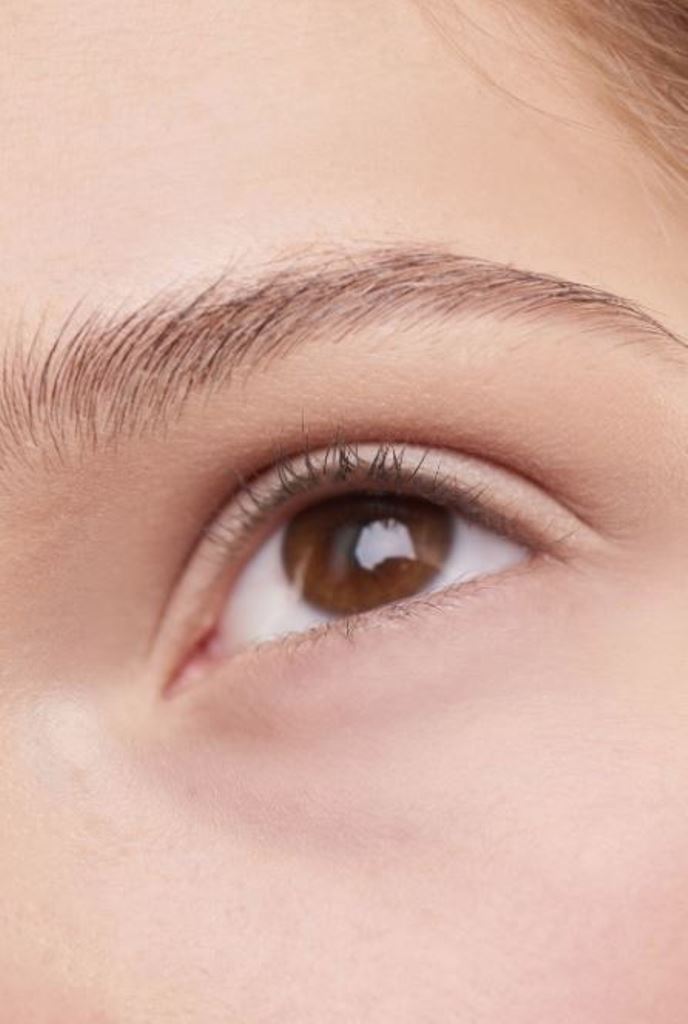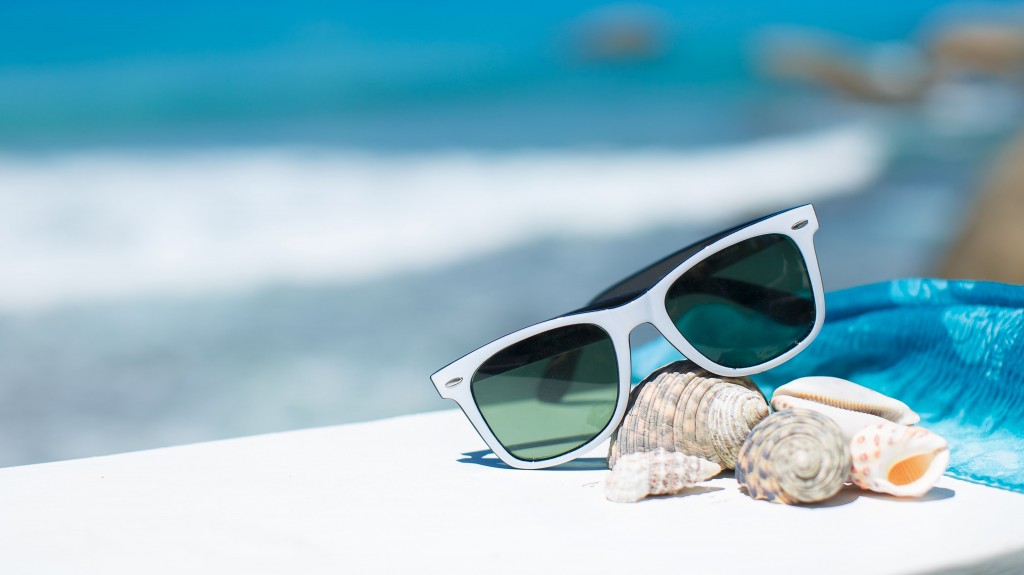You might think that moisturizing your body is only about how you look, but it is also important for your health. Here are some of the ways that adding moisture to various areas of your body is helpful.
Experiencing Sun Damage
If you use a moisturizer that contains ingredients that prevent sunburn, then you are also protecting your skin from the long-term damages of the sun’s ultraviolet rays. Make sure to apply a moisturizer according to the directions on the package’s label so that you can have the most protection for your skin. Remember to apply the moisturizer to all of the exposed areas of your body for the best benefits, including the ears, back of your neck or the balding areas of your scalp.

Feeling Dehydrated
With moisturizing, you can avoid dehydration in dry environments. While this won’t replace drinking liquids, it will help to keep the moisture from escaping from your skin. Moisturizing during the winter is especially beneficial because the air in buildings is often drier due to the use of climate-control equipment. You can bring along small containers of lotions or creams to use while you are at work or school to prevent dehydration. During the summer, the application of creams or lotions can prevent dehydration when you are in buildings that are cooled by an air conditioner.
Having a Dry Eye Condition
We know that many individuals have chronically dry eyes, so we recommend moisturizing the eyes frequently. In addition, using a treatment from a specialized MD like Davies eye center can eliminate the biofilm and bacteria that collects along the eyeballs and the eyelids is imperative. An optometrist or an eye specialist can use a modern device to cleanse the edges of your eyelids. To find a medication that helps to moisturize and cleanse your eyes, you can contact an eye specialist to receive the best product.

Noticing Blemishes
Using a lightweight moisturizer can prevent ugly blemishes that can occur on the face or other areas of the body. Look for a moisturizer that is formulated for acne-prone skin, making sure to use it correctly. The application of moisturizers on your skin when you have acne will not replace careful cleansing with soap or an astringent. You can find the appropriate type of moisturizer for your skin by visiting a drugstore or a dermatologist’s office.
It is a good idea to search for new types of moisturizers each season to have the most benefits from the products. As you age, you may notice changes in your skin or other body parts that indicate that it is time to change to a different type of moisturizing product.



